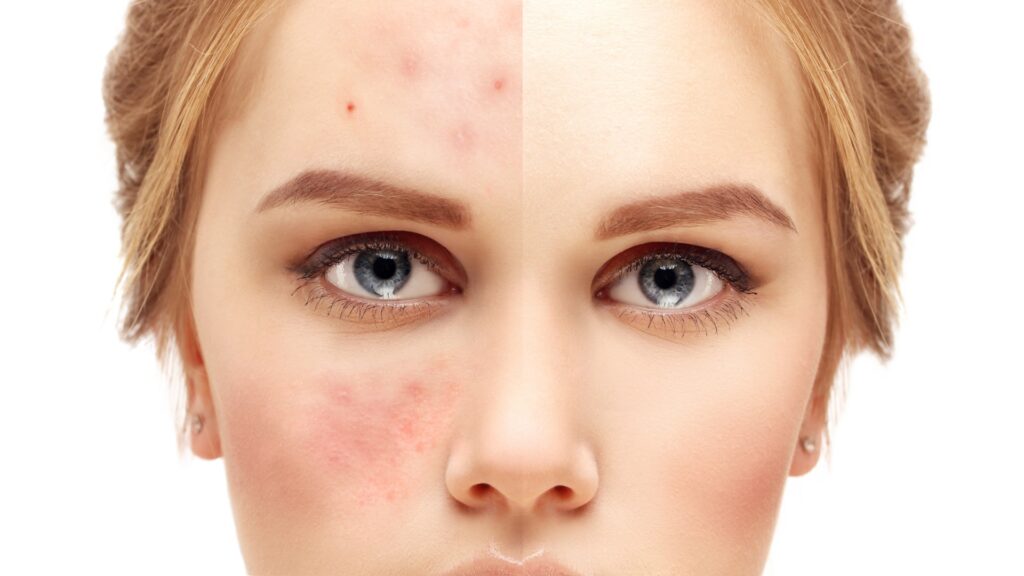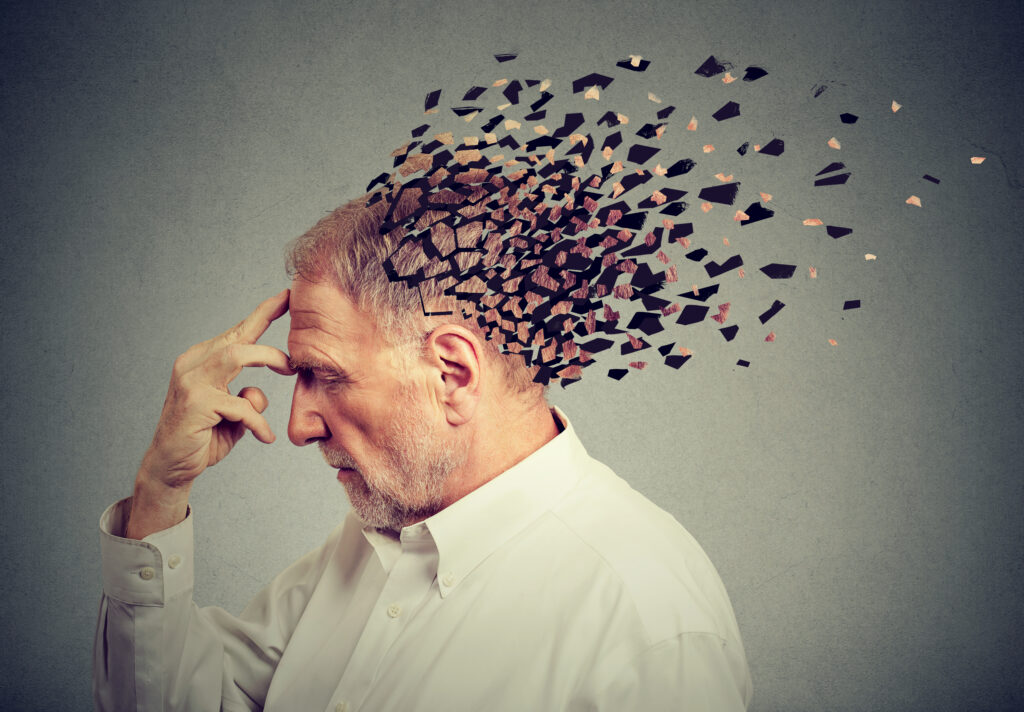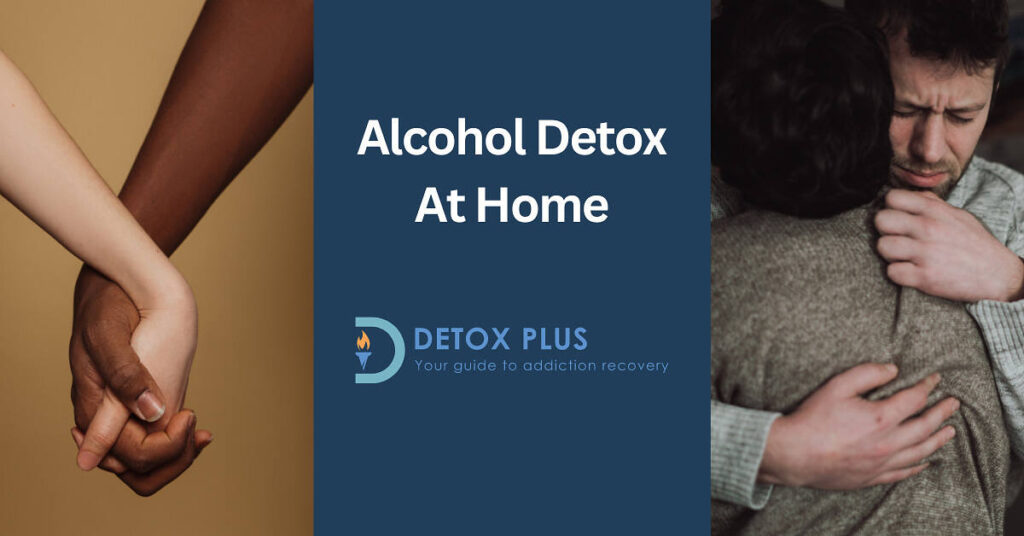Alcohol addiction is a complex illness that affects the brain. It can be challenging to recognise within oneself or others.
Excessive alcohol consumption can have detrimental effects on both mental and physical health.
It is crucial to understand what alcohol addiction is and be aware of the potential signs. Additionally, it is essential to know the available options for combating alcohol addiction.

How To Recognise Alcohol Addiction
Drinking initially provides a temporary distraction or relief from these feelings, but over time, the addiction takes over, and the person cannot stop even though they want to. If left untreated, the habit will continue progressing, and the person may experience negative consequences.
The term “functioning alcoholic“ is often used to describe individuals who can maintain jobs, relationships, and daily responsibilities despite having an alcohol addiction. While it is true that some people with alcohol addiction can appear to function normally, it is essential to note that this term can be misleading.
In reality, most people with alcohol addiction will experience negative consequences in the long term,
The Stages Of Alcohol Addiction
The path of addiction to alcohol can vary from person to person, but there are generally five main stages:
Occasional use or binge drinking
This stage usually involves experimentation. If someone enjoys the taste or the way alcohol makes them feel, they might choose to drink again. However, they can still control their drinking at this stage, even if they consume more than the recommended weekly amount.
Alcohol misuse
In this stage, there is more frequent use of alcohol, and the person may be drinking more than the recommended amount regularly. Alcohol may boost confidence or alleviate stress or anxiety, leading to a cycle of abuse and an emotional attachment to alcohol.
Drinking problem
At this stage, a person has developed a problem with alcohol and is drinking out of habit rather than choice. Their alcohol use may start to impact other aspects of their life, and they may notice problems with their moods and sleeping patterns.
Problems may surface, such as your relationships suffering or your career—risky behaviour, such as driving or working when alcohol is in your system.
Despite these issues, they may still believe that alcohol improves their lives.
Physical dependency
At this stage, a person has likely developed a tolerance to alcohol and requires more to feel the same level of enjoyment. Increased consumption can cause the body to become dependent on alcohol. Physical withdrawal symptoms such as a rapid heartbeat, sweating, tremors, and nausea may occur when not using it or when the effects wear off.
Addiction
After physical dependency, dependence sets in. At this stage, people drink because they have a physical and psychological need to do so, not for pleasure or by choice. They will crave alcohol, interfering with their ability to enjoy life. Alcohol addiction is likely to hurt relationships, health, and finances.
What Are The Effects Of Alcohol Addiction?
Alcoholism has numerous adverse effects on both mental and physical health. It can lead to liver conditions, high blood pressure, an increased risk of heart disease, obesity, and obesity-related diseases, among other physical conditions.
Alcohol abuse disrupts the balance of chemicals in the brain, resulting in changes in thoughts, emotions, and behaviour. This is because alcohol is a natural depressant, and the brain compensates by producing stimulant chemicals to counteract the depressant effects. When there is an excess of these stimulants, it can lead to agitation or excessive excitement. Conversely, when there is excess alcohol, it can cause feelings of sadness or anger.

Alcohol addiction is strongly associated with severe mental health disorders such as anxiety and depression. Many individuals turn to alcohol to relieve the symptoms of these conditions, but this often leads to a cycle of abuse. As the effects of alcohol wear off, the feelings of anxiety and depression tend to worsen, leading to increased alcohol consumption in an attempt to self-medicate.
Alcohol is also linked to self-harm, psychosis, and suicide. Impaired judgment and reckless, compulsive behaviour can occur under alcohol, increasing the risk of self-harm and suicide. NHS Scotland has reported that over half of all hospital admissions related to deliberate self-harm are directly linked to alcohol.
Alcohol Addiction In The UK
Alcoholism is a significant issue that impacts many individuals in the UK and globally. It is estimated that hundreds of thousands of people in the UK alone are affected by alcoholism, which is even higher considering the global scale. This problem has severe consequences for individuals, families, and society. It is crucial to raise awareness about alcoholism and provide support and resources for those struggling with this addiction.
Getting Help For Alcoholism
If you have an alcohol addiction, getting the help you need is crucial. Conditions can be reversed if you stop drinking in time and get the medical help you need.
Alcoholism treatment will consist of a few components.

Detox
Before you can begin treatment, you need to go through detox. Detox will be different for everyone, and the symptoms you experience will depend on how long and heavy you drank.
Treatment
After detox, you can enter treatment. Treatment can consist of inpatient or outpatient rehabilitation. Your treatment plan should be individualised for you.
Standard components will include:
- Individual therapy
- Family therapy
- Group therapy
- Medication
If you have a dual diagnosis (mental health disorder and alcoholism), finding a treatment program that addresses both is important.
Individual Therapy
Cognitive behavioural counselling is commonly used for individuals with addictions. This type of therapy works to identify feelings, situations, and thoughts that can lead to alcohol abuse.
Once you can identify those, you can begin changing those patterns. The goal is to give you new coping skills so that instead of turning to alcohol, you choose a healthy coping skill.
Family Therapy
Addiction is hard on families. When you begin the recovery journey, you must start repairing relationships with family and friends.
These people will support you as you go through the process. Family therapy is precious in helping with repairing relationships and rebuilding trust.
A counsellor can also help with educating your family about addiction and co-dependency.
Group Therapy
Group therapy can be intimidating but is a valuable part of recovery. Groups can help give support and feedback.
In addition, groups let you know that you’re not alone. You can share your story, learn from other’s stories, and support the people around you in a group.
Medication
There are a few medications that can help with alcoholism. In addition, if you have a dual diagnosis, it’s essential to make sure you discuss medication for your mental health with your provider.
Aftercare
When treatment ends, your journey doesn’t. It’s essential to set up an aftercare plan to help prevent relapse.
Part of aftercare can include continuing to attend 12-step groups. However, it might also have sober living or a sober buddy.
Alcohol Addiction Help
Alcohol addiction is complex, so there is no overnight miracle cure. However, the addiction can be effectively treated at alcohol rehab through a comprehensive recovery programme. This will usually involve detoxification before you undergo addiction therapy, enabling you to clear the alcohol from your system and address the underlying causes of your addiction.
Are you ready to begin your journey to recovery? Call our alcohol addiction helpline for free and unbiased advice on finding addiction treatment.



